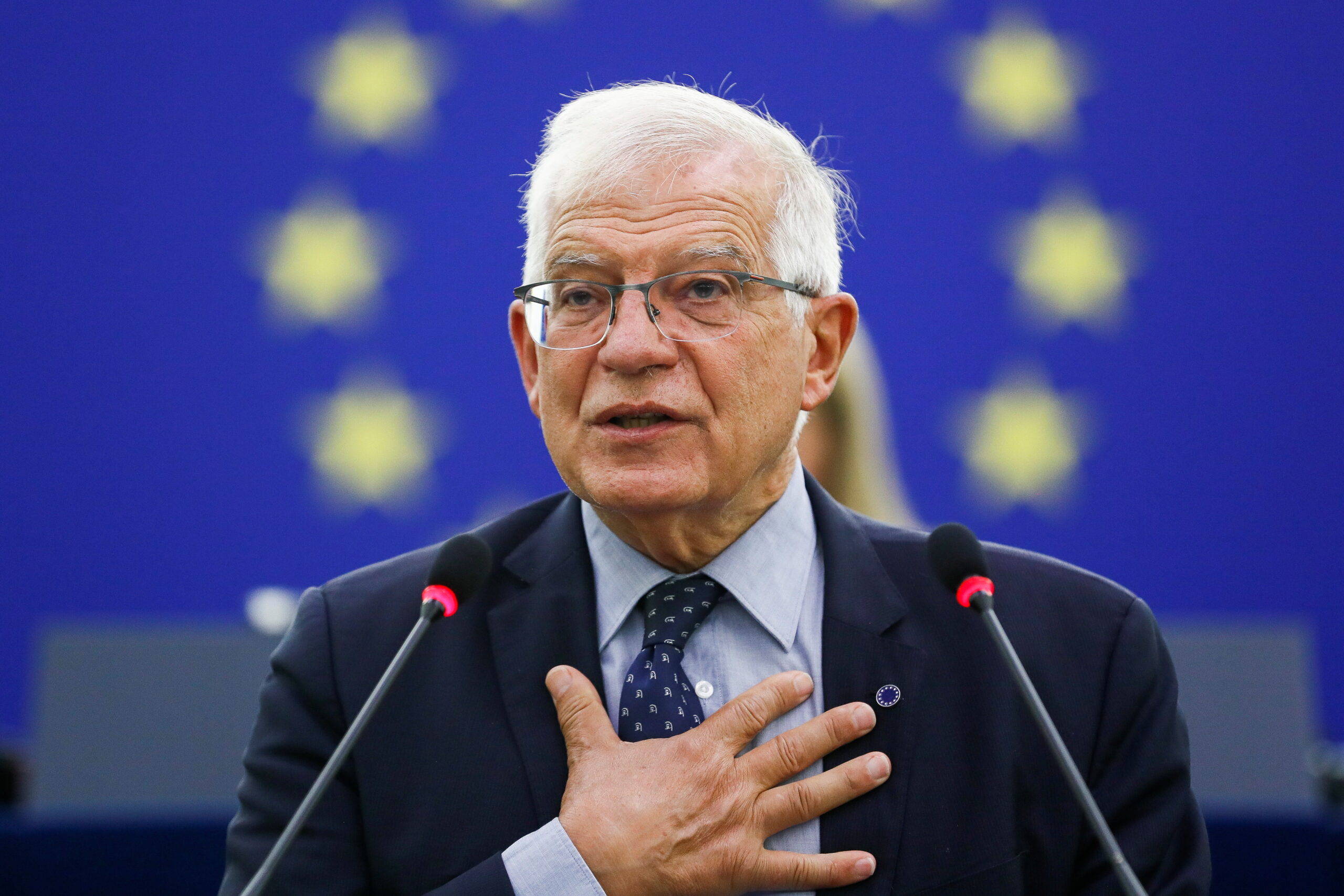
Systemic changes in government also play a part in Russia’s growing influence. Countries such as Mali, Burkina Faso, and Niger, which now have Junta rulers, have opted for Russian partnerships in place of Western ones, in the wake of their new governments.
Additionally, the inclusion of some African countries in the BRICS group has cemented Russia’s hold on said countries.
Given this trend, the European Union’s High Representative for Foreign Affairs and Security Policy Josep Borrell, according to the EUobserver recently admitted that the European Union’s influence on the African continent, particularly in North Africa, is visibly declining, as Russia, Turkey, and several other countries take its place.
“We should be worried about what’s happening in Africa. When I first came to Brussels, the French and Italians were in Libya. They weren’t always in harmony, but they were present. Today, there are no Europeans left in Libya – only Turks and Russians,” EUobserver quoted the diplomat as saying.
He expressed concern of the EU’s dwindling influence in Africa, pointing out that “the order” that the Europeans attempted to construct on the African coast of the Mediterranean no longer exists.
According to the EUobserver, Russia, Saudi Arabia, Turkey, and the United Arab Emirates (UAE) have “intensified their work” in the political and economic spheres with North African nations and other states on the continent. He also mentioned that this must be combated.
Russia’s influence
Russia has been on a mission to spread its diplomatic and military influence in Africa. This year alone, Russian troops were given a place Niger’s military bases, following the expulsion of 1000 US troops from the country.
According to a survey released in April, China and Russia posted higher approval ratings in Africa than the United States. China’s approval rating was 58%, Russia’s 64%, and the US 56%. On the other hand, the US failed to lower its disapproval ratings while maintaining an approval rating below 50% globally.









